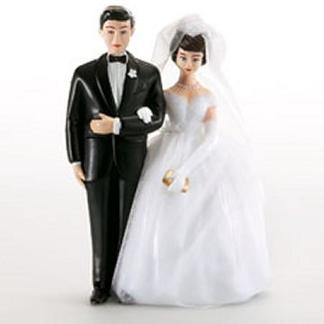The right to not be forced to bake a cake that forces one to use their personal creative abilities to promote and endorse a same-sex ceremony has been found, abet in a limited way, by the Supreme Court, and more broadly by other courts, in large part to the protection of the 1st Amendment. However, one would not expect such deference to fundamental human rights in the United Kingdom, where expressing thoughtcrime is a literal crime that comes with increasingly harsh sentencing.
Case in point is the example of a bakery, Ashers Bakery, in Northern Ireland who was charged with illegal discrimination for refusing to bake a cake with an explicit message of support for same-sex marriage. The Orwellian names “Equality Commission” ruled against the baker, and most would have thought this would have been the end of it.
However, this case went all the way to the U.K. Supreme Court which surprisingly ruled unanimously in their favor by recognizing the obvious: “They would have refused to make such a cake for any customer, irrespective of their sexual orientation”. In other words, that “artists and other professionals don’t discriminate when they object ‘to the message, not the messenger,’” while concomitantly affirmed “the fundamental freedom of Ashers Bakery’s owners to decline to express through one of their cakes ‘a message with which they deeply disagreed’”.

Of note, the court cited “Masterpiece Cakeshop vs. Colorado Civil Rights Commission”:
“The important message from the Masterpiece Cakeshop case is that there is a clear distinction between refusing to produce a cake conveying a particular message, for any customer who wants such a cake, and refusing to produce a cake for the particular customer who wants it because of that customer’s characteristics.”
Perhaps there is a chance, as slim as it may be, that the U.K. isn’t hopelessly lost?






